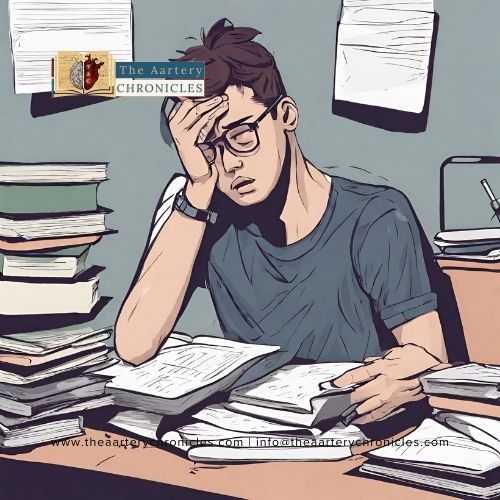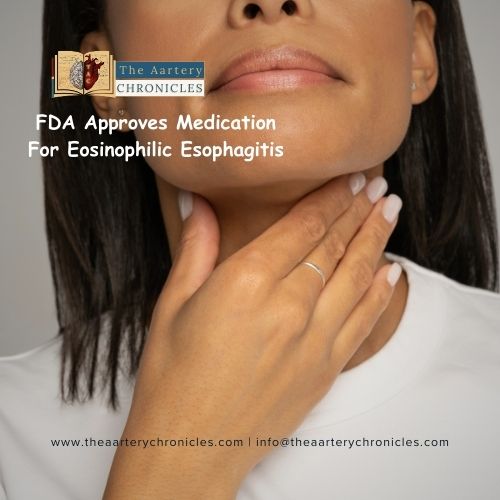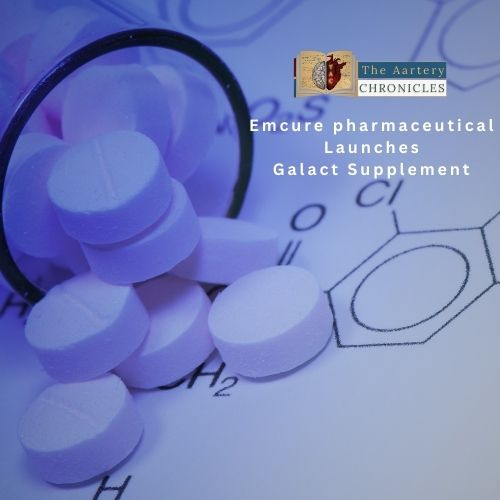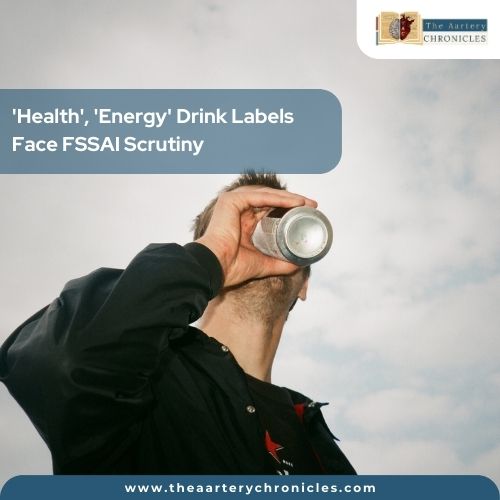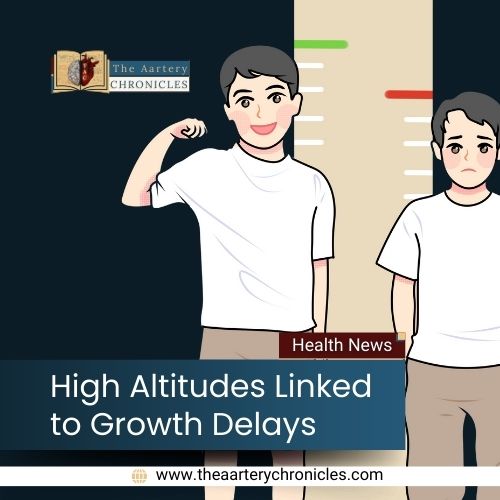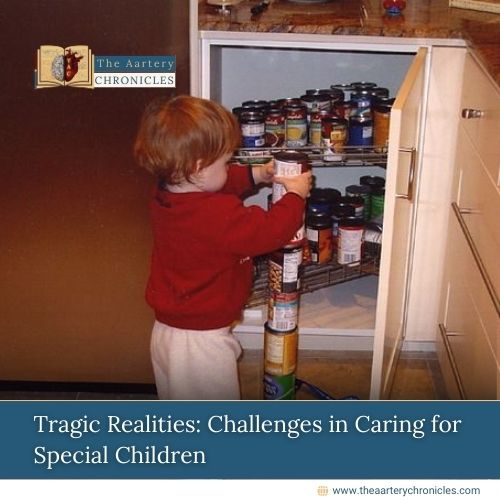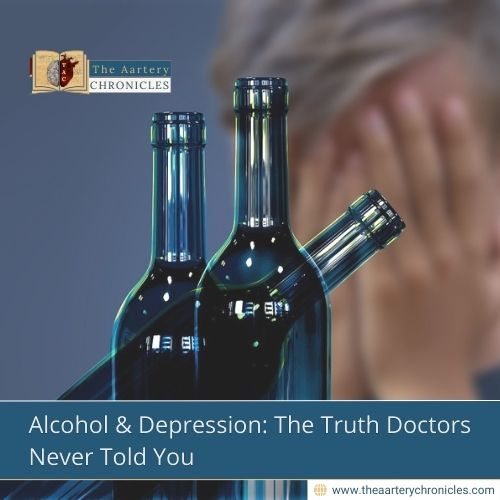
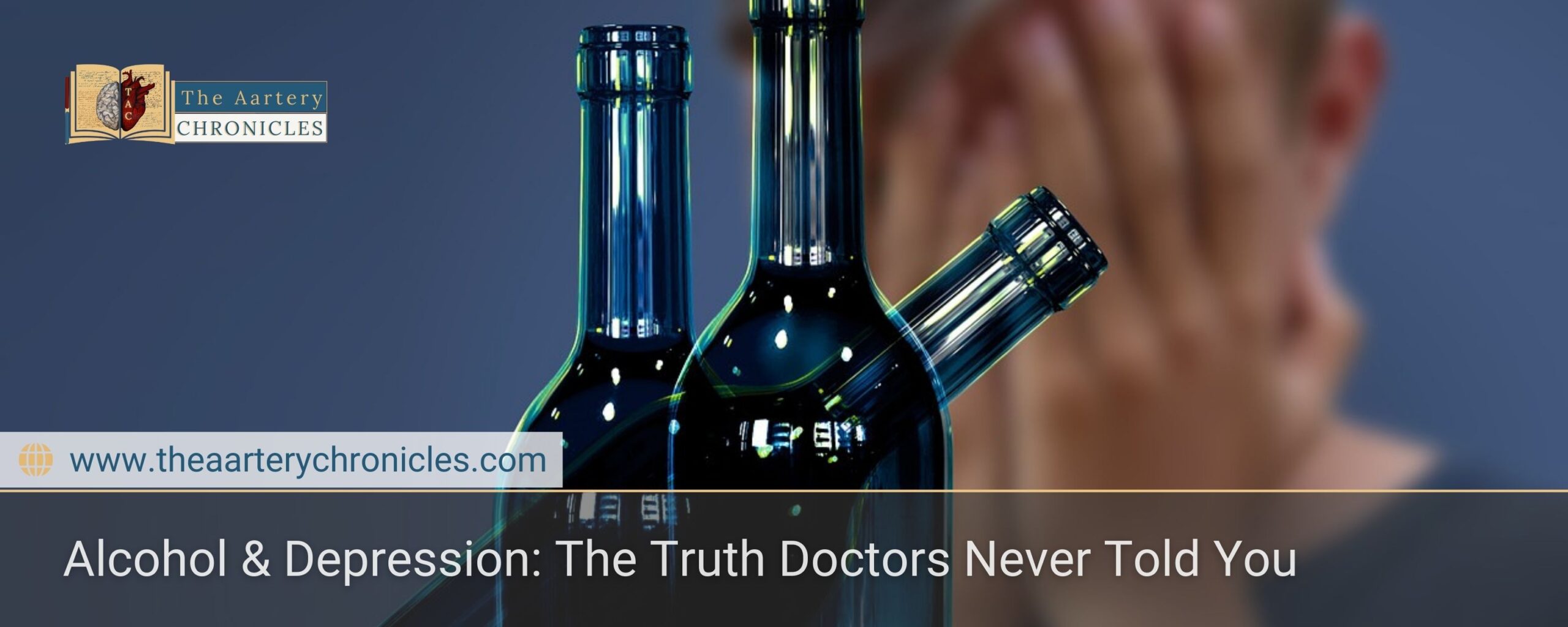
Alcohol & Depression: The Truth Doctors Never Told You
A recent study has challenged long-standing assumptions about the relationship between Alcohol use disorder (AUD) and depression. Researchers found that people with both conditions experience the same levels of pleasure and stimulation from alcohol as those without depression. These findings could lead to improved treatment approaches by shifting the focus from stress-related coping mechanisms to alcohol’s pleasure and reward pathways.
Study Overview
The research, conducted by the University of Chicago Medicine and published in the American Journal of Psychiatry, examined how people with AUD and depression respond to alcohol. Traditionally, experts believed that individuals with depression drank primarily to alleviate negative emotions—a concept known as self-medication. However, this study suggests otherwise.
Researchers tracked 232 participants between the ages of 21 and 35 across the U.S. Half of them had AUD, and within this group, some had experienced major depression within the past year, while others had not. Importantly, individuals with suicidal thoughts or severe withdrawal symptoms were excluded for safety reasons.
Key Findings
- Similar Pleasure Responses in All Drinkers: Participants with both AUD and depression reported experiencing the same acute and sustained pleasurable effects from alcohol as those without depression. This contradicts the idea that individuals with depression primarily drink to numb negative emotions.
- Minimal Reduction in Negative Feelings: While alcohol did slightly reduce negative emotions, this effect was small and not specific to whether someone had depression or AUD. This suggests that drinking is more about seeking pleasure rather than solely escaping distress.
- Higher Positive Effects in People With AUD: The study found that individuals with AUD experienced greater positive effects from alcohol compared to those without AUD, regardless of whether they also had depression.
Implications for Treatment
These findings question the long-standing theory that alcohol addiction develops due to the brain’s efforts to maintain stability after repeated heavy drinking. Instead, they suggest that treatments should focus more on addressing the pleasurable aspects of drinking rather than just targeting stress-related coping mechanisms.
This shift in understanding could lead to new medication and behavioural therapy strategies that emphasize modifying alcohol’s reward effects rather than just managing stress responses.
Conclusion
This groundbreaking research challenges conventional wisdom about alcohol use, depression, and addiction. Highlighting the pleasure-driven aspects of alcohol consumption paves the way for more effective treatment approaches that can better address the needs of individuals with AUD and depression. Future studies may further explore how these insights can shape medical and psychological interventions for alcohol dependence.
Source: Inputs from various media Sources

Priya Bairagi
Reviewed by Dr Aarti Nehra (MBBS, MMST)
I’m a pharmacist with a strong background in health sciences. I hold a BSc from Delhi University and a pharmacy degree from PDM University. I write articles and daily health news while interviewing doctors to bring you the latest insights. In my free time, you’ll find me at the gym or lost in a sci-fi novel.

